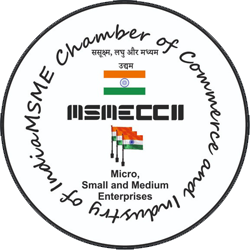What if we could rope in the digital tools to create a fashion industry that isn’t just cool but truly sustainable? Operating under similar lines, EON, a New York-based startup has developed a digital passport for clothing. It’s a technology that enables the users to learn about the entire life-cycle of the clothing.
EON, a Connected Products Innovator, in collaboration with PANGAIA unveiled that it will extend its Cloud Platform services to power ‘digital passports’ for its products.
The initiative is designed to encourage responsible consumer choices by increasing transparency, traceability, and circularity in the sector.
The digital passports, which are powered by a QR code and a cloud-hosted digital twin, bring each garment's unique journey to life and give buyers more interactive access to product-level impact reporting.
“It is important to us that information on where and how PANGAIA products are made is accessible and engaging. Taking cues from social media, our new digital passports are putting personalized data around traceability and sustainability at the fingertips of our customers in a fun and interactive way, so they feel empowered to make the best possible choices. As well as helping propel us forward on our circularity journey, we believe that product digitization is fundamental to driving industry change and accelerating an Earth Positive future – one which gives back more than it takes.” Maria Srivastava, Chief Impact Officer, PANGAIA
Why does the Fashion Industry need Digitalisation?
According to the BBC, the fashion industry accounts for 10% of the world's greenhouse gas emissions and approximately 20% of wastewater. What’s even more inconvenient is the fact that the fashion industry draws in more energy than both the shipping and aviation industry combined.
87% of the world’s clothing produced, as revealed by the World Bank, is either incinerated or dumped in landfills. The existing lifestyle of fashion practices discarding old clothes and purchasing new ones.
Researchers forewarned that if we keep failing to absorb a significant percentage of clothing into the recycling loop, the Global garment consumption is expected to rise from 62 million tonnes today to 102 million tonnes by 2030.
But, by incorporating EON’s digital tools, a potential change is underway.
Fashion giants such as H & M are already in agreement with EON. The brand, under the agreement, will share the data about their products on EON’s Connected Products Platform, a product of Internet-of-Things. With the help of IoT, EON will be able to track the entire lifecycle of fashionable products.
Each object documented on the platform will be given a tangible tag including a QR code or an RFID chip. Labelling with digital ID will make it easier to repair or recycle products, especially those that are resold. As a result of this strategy, there should be less waste in landfills.










Leave a reply